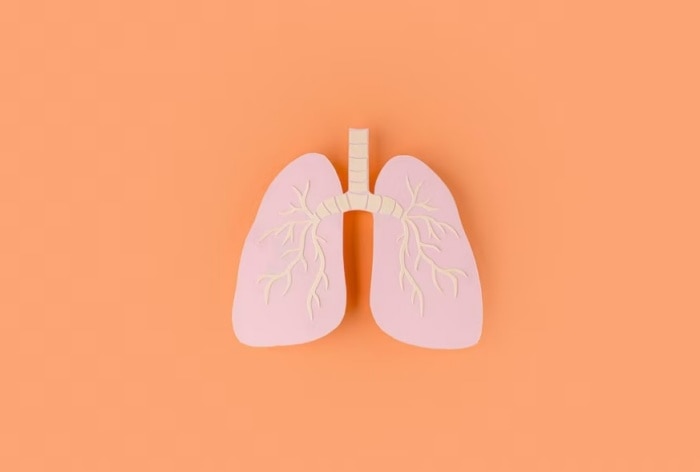The rainy season is also the season of infections, dengue, malaria, respiratory illness and more. Seasonal changes often create an opening for bacteria to thrive. But, the entire monsoon season entail

The rainy season is also the season of infections, dengue, malaria, respiratory illness and more. Seasonal changes often create an opening for bacteria to thrive. But, the entire monsoon season entails such infections. The constant presence of moisture and humidity in the air and dampen environment makes up for the ideal ground where fungi, bacteria, and mosquitoes can thrive and leads to the spread of infections. Because of all these triggers and environmental stressors, there is also an increase in respiratory illness.
COMMON RESPIRATORY ILLNESS DURING MONSOON
- Asthma Flare-up – Cold weather, allergens, dampness, elevated pollens trigger asthma wheezing and worsens it.
- Influenza: Fluctuating temperatures, high-humidity, makes for a fertile ground for viruses to survavie and travel.
- Common Cold: It is more of a contagious illness that spreads from one infected person to anyone else. Hence, when someone has cough and cold, it is better to stay indoors.
- Pneumonia:During monsoon, the stagnant water and increased moisture create breeding grounds for mosquitoes and other insects that can transmit diseases, including pneumonia-causing pathogens
TIPS TO MANAGE RESPIRATORY ILLNESS
- Warm food and drinks: Avoid consumption of cold food and drinks to minimize the effects of asthma. Maintain a healthy and nutritious diet. Protein-rich food, brown rice, sprouts, green leafy vegetables, carrots, cabbage, cauliflower, and eggs all help in boosting immunity.
- Steam: Inhalation of steam offers a soothing and comforting feeling to the airways. However, avoid the use various oils or salts as this can cause irritation of the airways and lead to wheezing
- Clean surroundings: House dust, mites and damp walls are triggers of an asthma flare-up. Regular vacuum cleaning, cleaning of the filters of air-conditioners, and changing bedsheets and pillow covers all help reduce exposure to dust and moulds. Stay away from people who are sick.
- Avoid allergens: Keep away from pollution-rich and dusty areas, and pollen-laden plants, and avoid smoking. Also, try to avoid coming in contact with pets especially the furry ones.
- Vaccinations: Regular vaccinations against the seasonal flu and pneumonia help reduce the chances of infection, ultimately triggering asthma.
- Healthy Diet: Increae intake of blueberries, green leafy vegetables, nuts and seeds and opthe rnutriest for boosting lung health. A balanced diet comprising fruits, vegetables, whole grains, lean proteins, and healthy fats can help. Citrus fruits and leafy greens contain vitamin C, which can strengthen the immune system and help to reduce inflammation.

Don’t Miss Out on the Latest Updates.
Subscribe to Our Newsletter Today!

